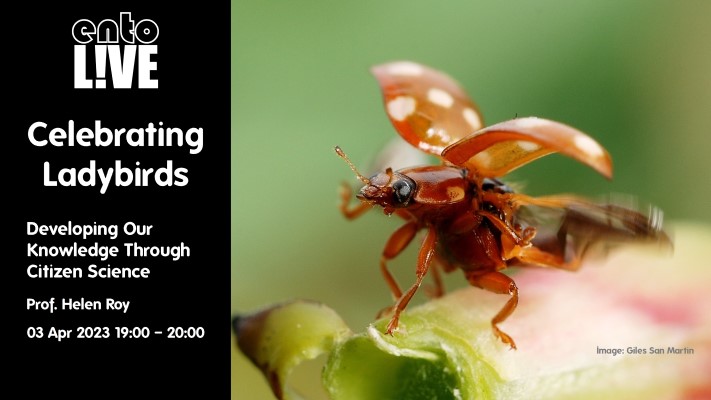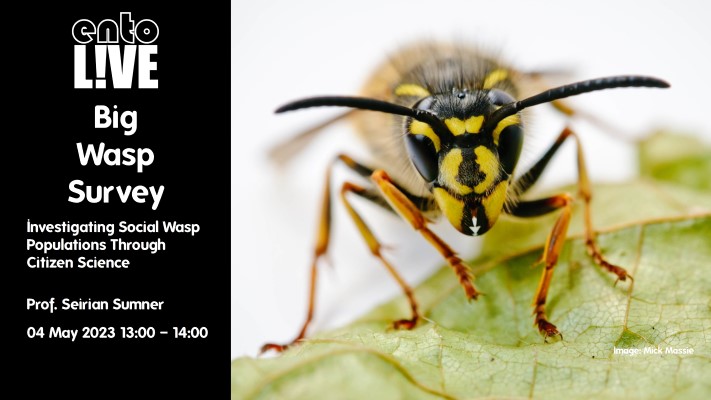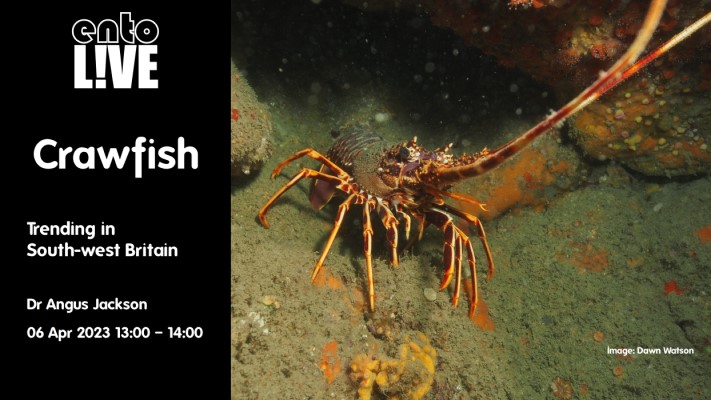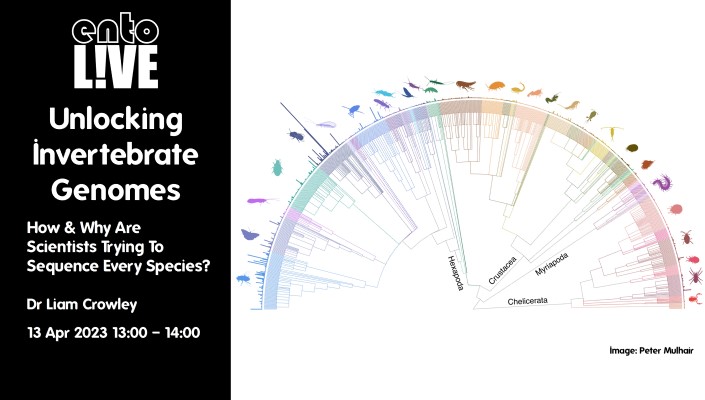Written by Keiron Derek Brown
The conservation, ecology and marine sectors all rely on scientific research in order to inform policy and guidance, and for practitioners to undertake evidence-based actions that improve habitats for wildlife. Despite the need for access to research outputs, many practitioners, recorders and volunteers are unable to access these due to journal paywalls or technical language (such as complicated statistical analysis).
As a non-academic that has worked in the conservation and environmental education sectors for 10+ years, I have experienced these barriers personally. entoLIVE is a new series of webinars launching in 2023 that will aim to bring invertebrate scientists together with naturalists and biological recorders. Each webinar will be presented by a scientist and focus on interpreting a research area for a non-academic audience, with a chance for the audience to ask questions following the presentation. And every webinar will be completely free to attend.
As National Recorder for Earthworms, I’m passionate about ensuring the often-overlooked invertebrates are given the spotlight they deserve. entoLIVE will go beyond the usual insect groups covered and cover subjects on any and all invertebrate groups. Season 1 of entoLIVE is scheduled for February to May 2023, with 20 fascinating invertebrate research topics on the menu and four of these have a specific focus on molluscs.

Citizen Science will be a recurring theme as we hear how citizen-generated data has developed our understanding of interactions between native and invasive ladybird species. We’ll also explore how Citizen Science data is informing our understanding of bumblebee declines and how Citizen Keepers are being used in an innovative grasshopper reintroduction project.

entoLIVE will also shine a spotlight on the lesser-loved invertebrate groups, with talks on the Big Wasp Survey, jellyfish and garden slugs. All of these talks will highlight how biological recording of these groups is helping us understand the ecology and importance of these invertebrates.

The series will transcend terrestrial, freshwater and marine environments. Seasearch will talk to us about their efforts to monitor Crawfish (also known as the Spiny Lobster), the British Dragonfly Society will talk about their recording scheme and we’ll hear about what 10 years of earthworm recording is telling us about habitats associations and research biases towards agricultural habitats.
Other recording-focused webinars include mayflies impacted by climate change, marine molluscs and honeybees.

Finally, one talk not to be missed is on the work by Oxford University and partners to sequence invertebrates for the Darwin Tree of Life project.
How to book
All 20 entoLIVE season 1 webinars are now open for bookings on Eventbrite.
Please note that spaces are limited so book early to avoid disappointment.
